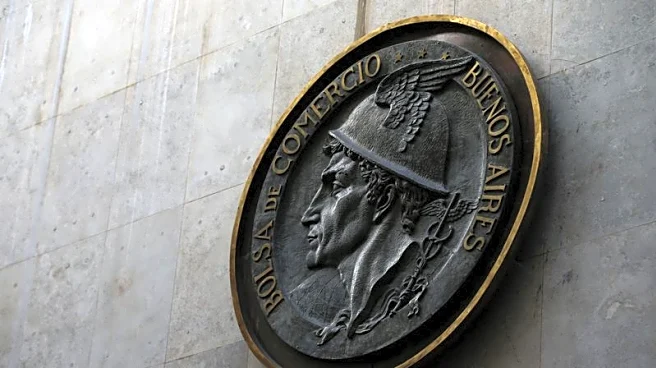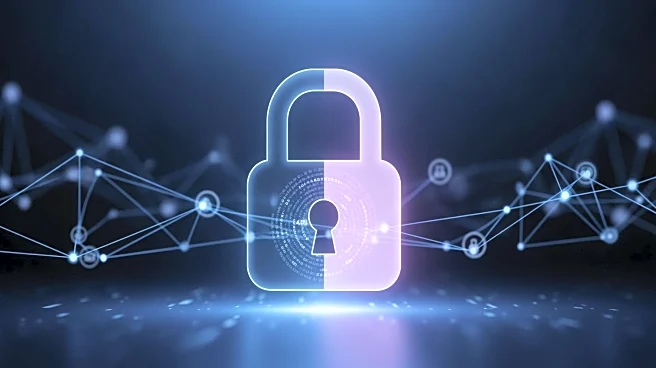What's Happening?
The Powerball jackpot has reached an unprecedented $1.8 billion, marking it as the second-largest in history. Despite the potential for a winner, the identity of the individual is likely to remain undisclosed due to changes in state laws over recent decades. These changes have been implemented to protect winners from potential threats and unwanted attention. Historically, lottery winners were required to disclose their identities, but now, many states allow winners to remain anonymous. This shift aims to safeguard winners from scams and public scrutiny. In states where anonymity is not automatically granted, winners often use legal intermediaries to claim their prizes discreetly.
Why It's Important?
The ability for lottery winners to remain anonymous has significant implications for personal security and privacy. It reduces the risk of winners being targeted by criminals or being overwhelmed by unsolicited requests for money. This change reflects a broader societal shift towards valuing personal privacy and security. For the lottery industry, maintaining public trust is crucial, and allowing anonymity helps prevent fraud and ensures the integrity of the lottery system. However, it also raises questions about transparency and accountability, as public disclosure has traditionally been a method to ensure fairness and trust in the lottery process.
What's Next?
As the Powerball drawing approaches, potential winners are advised to prepare for the possibility of winning by consulting with legal and financial advisors. This preparation can help manage the sudden influx of wealth and the associated responsibilities. States that do not currently allow anonymity may face pressure to reconsider their policies, balancing the need for transparency with the privacy rights of individuals. The outcome of this drawing could further influence public opinion and legislative action regarding lottery winner anonymity.









